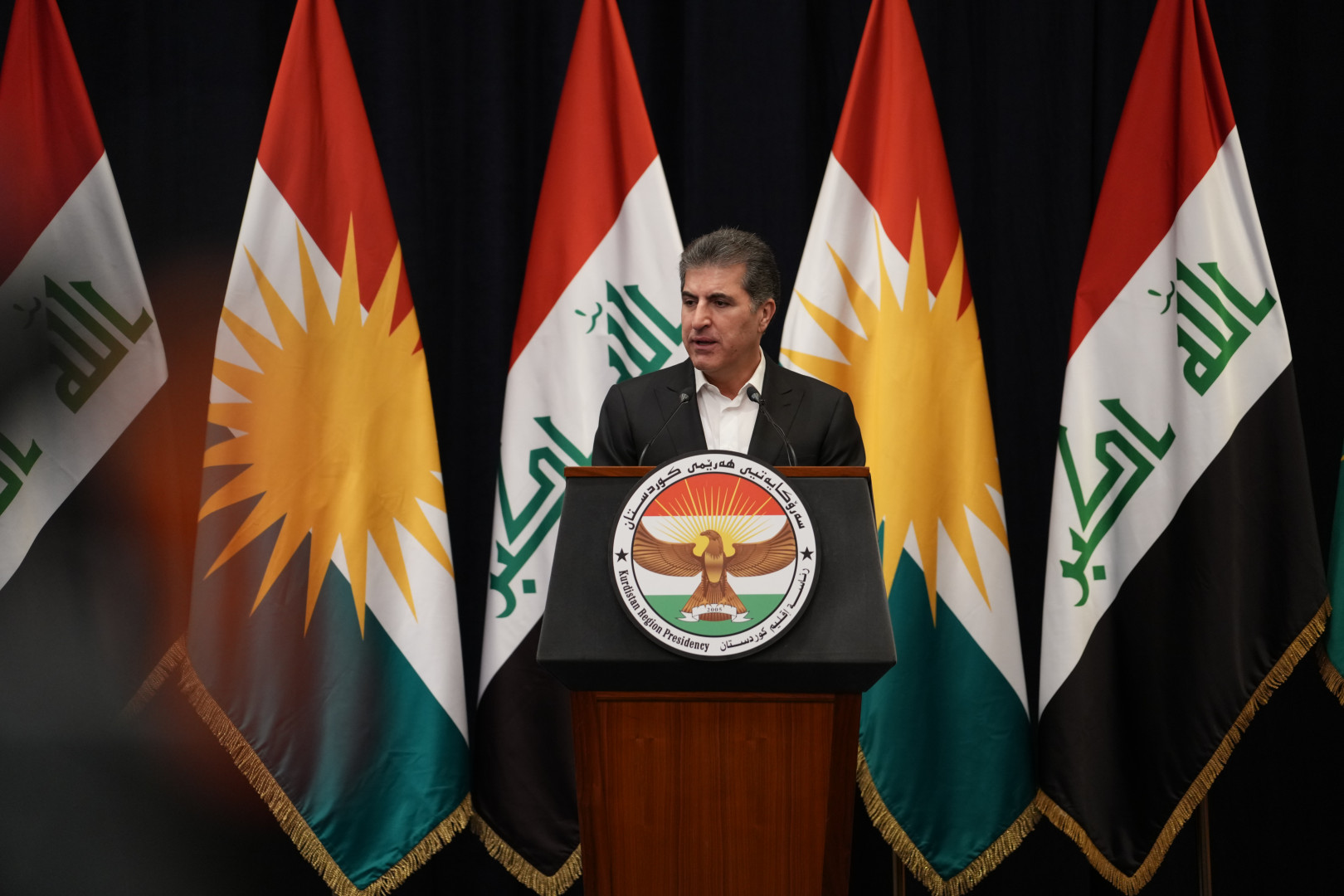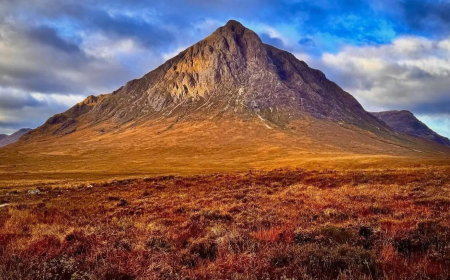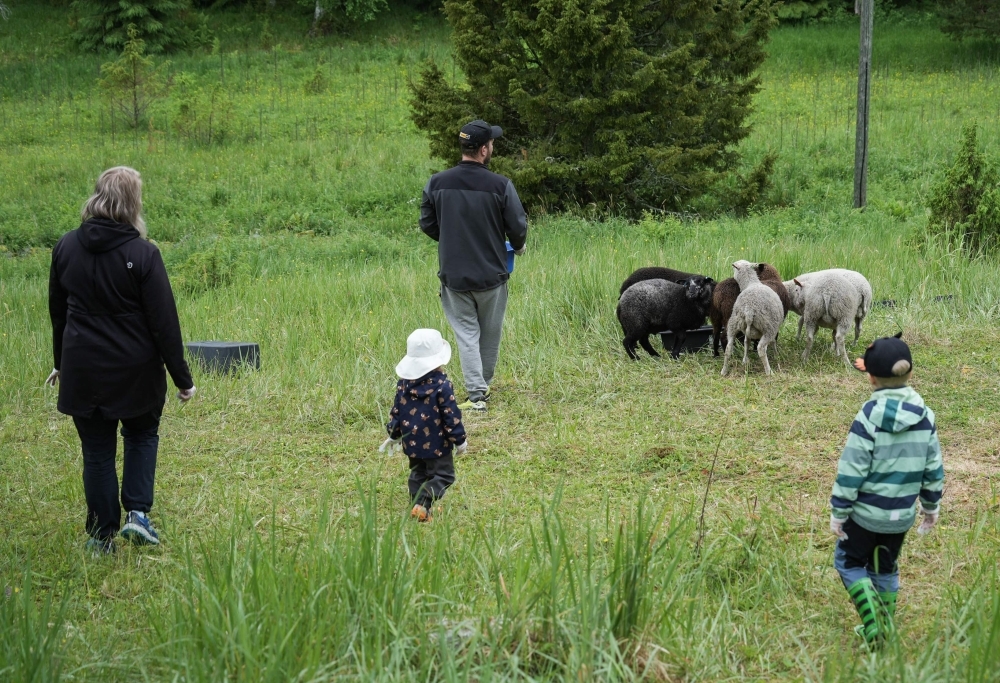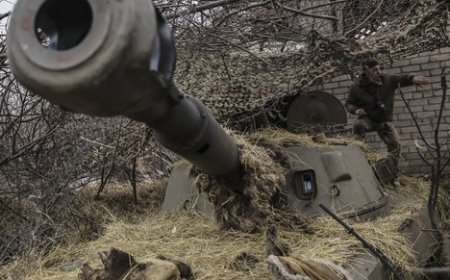If threatened and ignored Congo Basin rainforests vanish, ‘Africa is not viable’
Conservationists are trying to pull the Congo Basin’s plight out of the shadows and into the light of scientific research. Conservationist Lee White says it is Africa’s beating heart and without its rainforests the continent will be in big trouble.

The rainforests of the Congo Basin are Africa’s beating heart and if they vanish in the face of relentless slash-and-burn farming, the continent will no longer be “viable” because of lack of the critical moisture they deliver to the Blue Nile and other watersheds.
While this ecological gem is probably now absorbing five times as much CO2 as the Amazon, the Congo Basin’s plight has long been in the scientific shadows cast by the attention devoted to its South American kin.
But conservationists are trying to pull it out of the shadows and into the light of scientific research. British conservationist Lee White, the former environment minister of Gabon who lost that job after the 2023 coup, and 176 other scientists will launch their 800-page report on the Congo Basin on 12 November at the next UN climate conference, COP30, in Brazil.
“If we lose the Congo Basin rainforest, the African continent is not viable. The consequences would be unimaginable for Africa,” White, the special envoy to the Science Panel for the Congo Basin, told Daily Maverick in a WhatsApp interview.
White said the main threat to the Congo Basin was slash-and-burn farming and not, as many might suppose, commercial logging. A recent scientific paper in the peer-reviewed academic journal Forests draws the same conclusion.
“We are seeing alarming deforestation in Cameroon and DRC and this is almost exclusively from subsistence slash-and-burn farming,” White said.
Slash-and-burn farming can be sustainable – though not very productive for yields – if the human population is low and it is done on a rotational basis several decades apart. But that is not what is unfolding in the Congo Basin.
The main Congo Basin states are Cameroon, the Central African Republic, the Democratic Republic of Congo, Republic of the Congo, Equatorial Guinea and Gabon. But its impact goes well beyond its immediate region.
“The Congo Basin is sending rainfall to the Ethiopian highlands and thereby helping to fill the Blue Nile which supplies 98% of the water that Egypt’s agriculture depends on. And it’s sending moisture into the Sahel and while we don’t know how much, there is also moisture going south.”
White likened it to atmospheric rivers channelling the water to other regions of Africa.
“If we lose the Congo Basin we are looking at hundreds of millions of climate refugees from the Horn of Africa to the Sahel and all the way up to Egypt because they won’t be able to feed themselves. Plus there are 120 million people that depend on the Congo Basin,” White said.
“Seventy percent of its rainfall is recycled through the trees; they are playing the role of planetary engineers, they are taking the water far away and they are actively cooling the planet.”
Low data, high stakes
But the reams of climate models that have been crunched by the UN and other agencies have devoted surprisingly little research to the Congo Basin.
“There is so little data, even on the rainfall. There’s like three functional rain gauges across the Congo Basin,” White said.
There is also only one flux tower – a raised structure that measures the energy, water and greenhouse gases between the land and the atmosphere – in the entire Congo basin. South Africa has 17, according to SANParks.

The rainforest in the Democratic Republic of Congo – the Congo Basin – is the most important rainforest carbon sink in the world. (Photo: Daniel Beltrá / Greenpeace)
“So we know the role that the Congo Basin plays in global climate is complex but we just don’t know the scale. Some models say that if we lose the Congo Basin, nothing will happen and others say it will be an absolute catastrophe for the global climate. We really don’t know because we’ve made so little investment in science and capacity in trying to understand the Congo Basin.”
The contrast with the Amazon, which made headlines in the 1990s and has stayed there ever since, is striking.
During the course of our conversation, this correspondent mentioned to White that the first I had heard about the threats to the Congo Basin was in 1998 when the late Kenyan conservationist Richard Leakey raised it with me during an interview.
“Around that time, the world spent about $200-million doing science in the Amazon. And we trained 6,000 local Amazon country nationals to be scientists. And today we have an organisation called the Science Panel for the Amazon that has incredibly good data on the importance of the Amazon, (and) what’s happening to it,” White said.

Natural forest in the Kika region of Cameroon on 6 June 2010, which forms part of the Congo Basin. These forest ecosystems and freshwater systems are home to abundant wildlife and provide food, shelter, clean water and protection against floods to millions of people. (Photo: Brent Stirton / Getty Images)
“We know that the African forests have been much more resilient than the Amazon and that the Congo Basin is probably absorbing as much as five times the carbon dioxide that the Amazon is absorbing and it’s only one-quarter of the surface area. But we have a really rudimentary knowledge of the Congo Basin because we never made that investment.”
The upcoming report – the work of 177 scientists – to be released at the COP seeks to address this state of affairs.
“We are trying to underline the importance of the Congo Basin based on the little research that has been done,” White said.
Rainforests are often called the “lungs of the planet” but White said he saw the Congo Basin’s role as that of another vital organ.
“For me a lung breathes in oxygen and breathes out carbon dioxide, that’s the opposite to what the supposed lungs of the planet are doing. I think of the Congo Basin as the beating heart of the African continent, it’s pumping water both through rivers and into the atmosphere. Take the heart away and Africa is going to be in serious trouble.”
[Source: Daily Maverick]
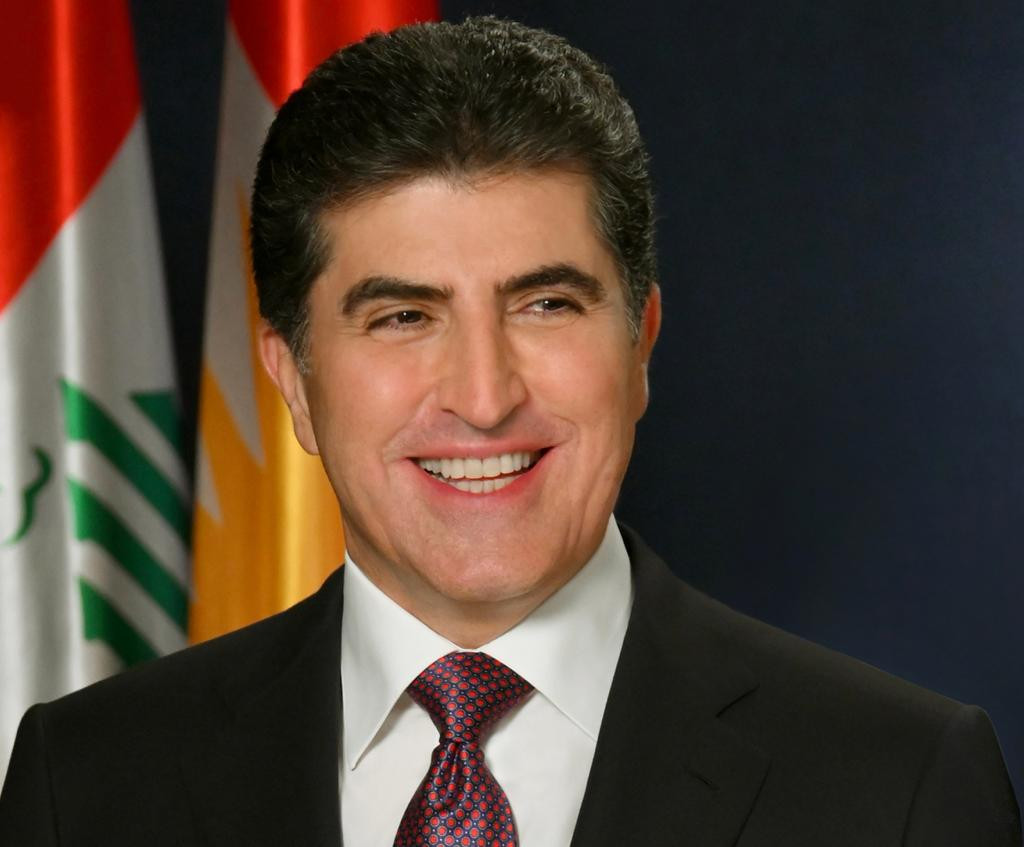









/file/attachments/orphans/rebecca-hague-mothers_864112.jpg)



/file/attachments/2985/Anattendeeshakeshandswitharoboticarm_TomohiroOhsumi_GettyImages_572093.jpg)




